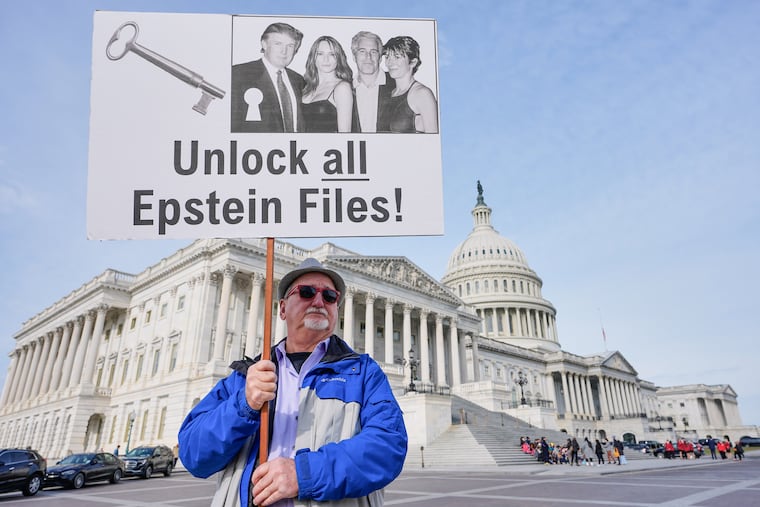Miriam Haley, an accuser of Harvey Weinstein, became emotional and left the courtroom during her testimony about the sexual assault case.
In a tense courtroom scene on Friday, Miriam Haley, a key accuser in the Harvey Weinstein sexual assault retrial, became visibly emotional while recounting her experience. As she testified, she faced aggressive questioning from Weinstein’s defense attorney, which prompted her to assert unequivocally that it was Weinstein who assaulted her, not the other way around. This marked a pivotal moment in a trial that has garnered significant public and media attention due to its implications for the #MeToo movement.
Haley, 48, has alleged that Weinstein forced oral sex on her nearly two decades ago, during an encounter that she claims took place in his apartment in July 2006. This trial represents her fourth day of testimony. Judge Curtis Farber intervened during her testimony to allow for a break after Haley became overwhelmed with emotion. With tear-stained cheeks, she refrained from looking at Weinstein as she exited the witness stand, underscoring the emotional weight of her allegations and the proceedings.
Continuing her testimony after the break, Haley faced probing inquiries from Weinstein’s lawyer, Jennifer Bonjean, focused on the specifics of the encounter, including an instance weeks later when she had consensual sex with Weinstein despite expressing her lack of desire. This led to a fraught exchange in which Haley reiterated her disassociation during the assault, stating she “went numb” during the incident. Bonjean pressed on, questioning Haley’s decision to visit Weinstein’s apartment given prior uncomfortable encounters, including Weinstein’s previously intrusive behaviors.
Haley defended her choices, stating that she did not feel threatened by Weinstein at the time. The emotional exchanges escalated as Bonjean focused on details of the alleged assault, questioning how Haley’s clothes were removed. This line of inquiry led to a passionate rebuttal from Haley, who maintained that she was fighting against Weinstein’s actions.
The retrial in New York City is pivotal for Weinstein, who faces charges stemming from multiple allegations, including those made by Haley and another woman, Jessica Mann, who claims she was raped in 2013. A third accuser, Kaja Sokola, also alleges that Weinstein forced oral sex on her in 2006. Weinstein has consistently denied the allegations, and his legal defense argues that the encounters were consensual, reflecting a broader narrative around power dynamics in Hollywood.
Haley, who had previously worked as a production assistant on the Weinstein-produced “Project Runway,” testified that she felt compelled to maintain a relationship with Weinstein in hopes of advancing her career. Her account points to the complicated and often perilous intersections of personal safety and professional ambition for women in the entertainment industry, raising critical questions about consent and agency.
As the trial progresses, emotional testimonies like Haley’s continue to reflect the lasting impact of Weinstein’s alleged crimes and the broader cultural conversations surrounding sexual violence. With additional testimonies from Mann and Sokola on the horizon, the trial promises to explore the depths of these allegations further, as jurors are tasked with determining the credibility of the accusers against the backdrop of Weinstein’s powerful reputation. The outcome of this trial could reverberate throughout the entertainment industry, impacting the ongoing discourse surrounding accountability for sexual assault and harassment.
Media News Source.







